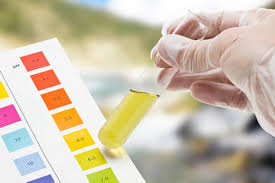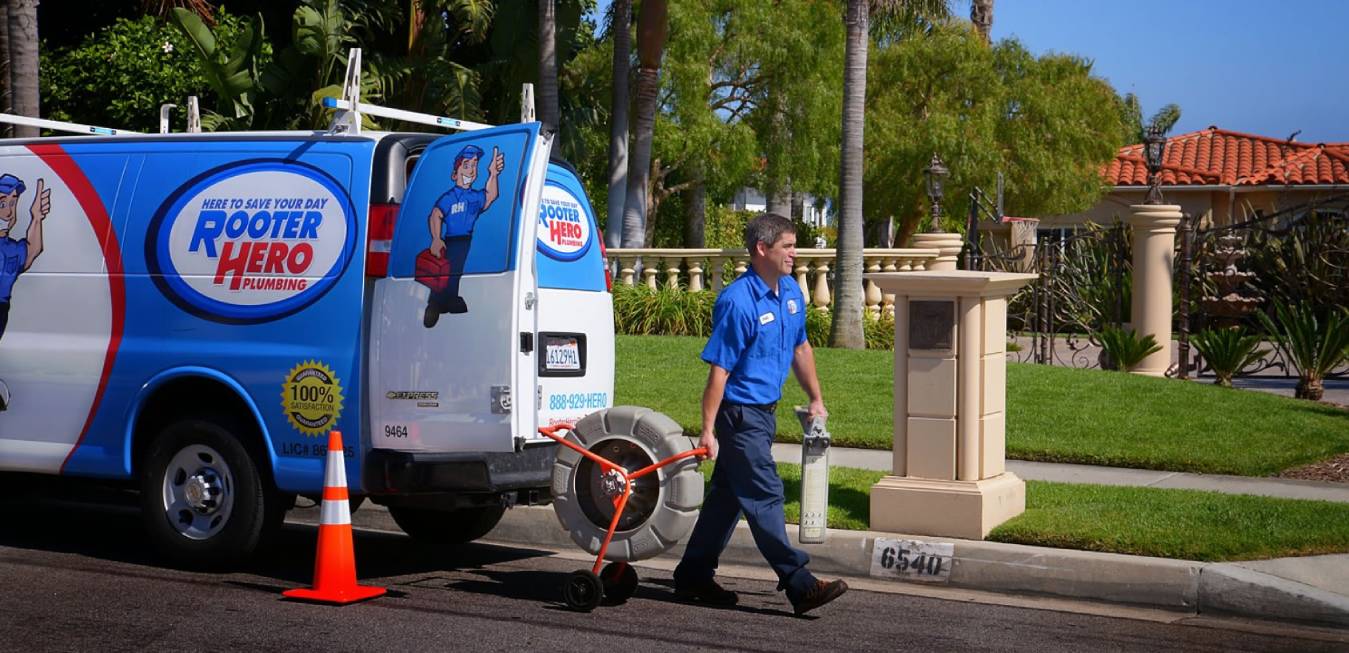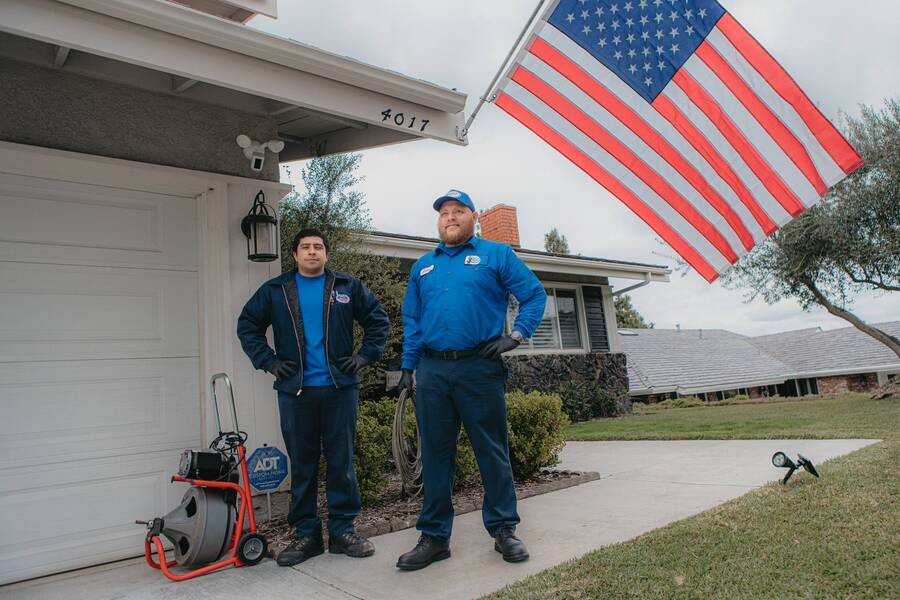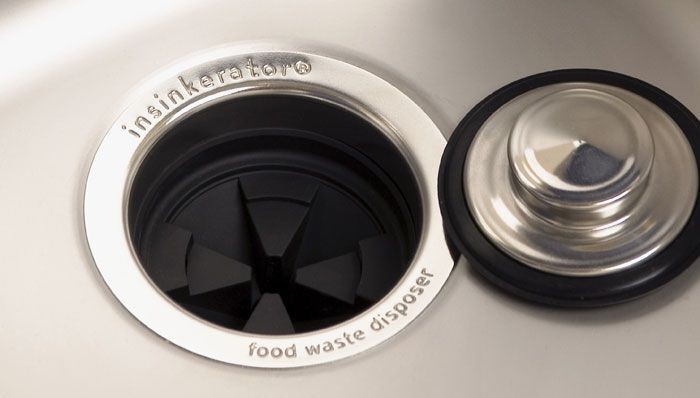
Water Quality And Your Water's pH
Your home's water quality is very important. Not only is it important to have safe and clean water to drink, cook with, and bathe in, but it is important to have good water that won’t corrode your plumbing and appliances. One consideration is the hardness of your water, which measures the mineral content of your water. Another thing to consider when it comes to water quality if your water's pH.
What Is pH?
pH stands for potential of hydrogen. It measures your water's ability to take on extra hydrogen ions. The pH scale ranges from 0 to 14, with 0 being acidic, 7 being neutral, and anything over 7 being alkaline. Water with a low pH will have more hydrogen ions, so it has the potential to lose hydrogen ions. Water with a high pH has less hydrogen ions, so it has the ability to take on more. Your water’s pH can affect your water quality, which can cause problems with your plumbing. When it comes to your homes water, it is best that it is as close to neutral as possible. Water that is too acidic will cause problems, as will water that is too alkaline.
What If My Water Is Too Acidic?
If your water is acidic it means that you have a low pH. Acidic water can cause corrosion in pipes, fixtures, and appliances. This can lead to leaks and poor water quality. Water that is too acidic is stripping your metal pipes and fixtures, trying to find minerals to help balance and restore itself to neutral. When this happens, metals like lead, copper, iron, and zinc can enter into the water. This poses a potential health risk, in addition to common plumbing problems and break down of appliances. Some signs that your water is too acidic include:
- Blue/greenish stains on plumbing fixtures, this occurs from copper pipes
- Leaks
- Rust stains with galvanized or iron plumbing
- Sour tasting water
- Water that feels “slippery”
What If My Water Is Too Alkaline?
The opposite of acidic is alkaline, but water that is too alkaline comes with its own set of problems. Highly alkaline water has too many minerals, as a result it will try to unload some of them. When this happens you get scale buildup in plumbing pipes, on fixtures, and on appliances. It can even buildup on the heating mechanisms of water heaters, causing them to be less efficient and eventually breakdown. Build up inside of your pipes can even cause poor water pressure. Some signs that your water is too alkaline are:
- Low water pressure
- Lime scale buildup on faucets, shower heads, and shower doors
- Lime scale buildup in water heaters
- Bitter tasting water
Correcting Your Waters pH And Improving Water Quality
When it comes to your water’s pH level, the primary concern is the damage it can do to your plumbing and appliances. Correcting your water’s pH, is pretty simple, you either need to add minerals to it or take minerals away. To raise the pH of your water you need an acid neutralizer. This puts calcium carbonate also known as calcite back into the water to raise the pH. To correct water that is too alkaline, you need a water softener. The filter in the water softener attracts the extra minerals in your water so that they don’t build up in your plumbing. Correcting the pH of your water is something that is best done by a professional. To have your water tested or to learn more about corrosion and hard water contact Rooter Hero today!






